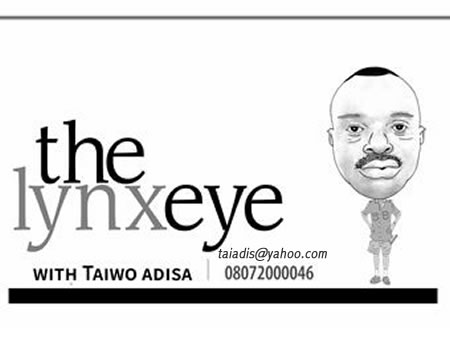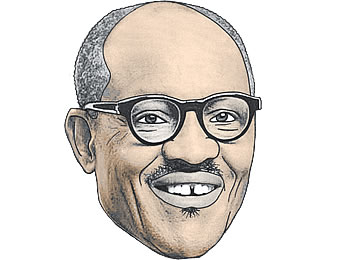The statement by President Mnangagwa indicated that the ultimatum would run from December 1, 2017 and terminate in February 2018.
At the end of the ultimatum, Zimbabwean government announced it had raked in amount in excess of $500 million, which it said was still a far cry from what was expected.
In clear terms, what this means is that within three months of the amnesty and ultimatum, Zimbabwe had recovered cash in excess of $500 million.
Juxtapose the above with the Nigerian situation. President Muhammadu Buhari had made the fight against corruption one of the three cardinal issues of his trumpeted 2015 election drive. His famous line was ‘if you don’t kill corruption, corruption will kill Nigeria.’ And in his estimation, more than $150 billion had been stolen by Nigerians in recent years. On assumption of office in 2015, he neither declared amnesty nor announced ultimatum. He simply went about lamenting the dexterity at stealing by his compatriots who served in previous governments.
His lamentations were in volumes and they were unfolded at every engagement he had with movers and shakers of world policy. He took the campaign to the Headquarters of the United Nations and capital cities of Western as well as Eastern countries. He mouthed same at most occasions he chose to address his countrymen. At a point, his lamentations started sounding like broken records and it became difficult to maintain people’s attention. Through the social media, loyalists of the administration started bombarding the people with acclaimed recovered loot. There was one ludicrous post of former Petroleum Minister, Diezani Allison-Madueke returning $90 billion as first installment of her loot.
When such salacious stories would no longer sway the people, the Economic and Financial Crimes Commission (EFCC) started making some figures public. In November 2017, the commission said it recovered $2.9 billion looted cash and in February 2018, it claimed to have recovered N500 billion in 2018 alone.
Not long after that disclosure, the Ministry of Finance wrote the commission to come clean on the said recoveries as its records did not show any such figures.
Thus in three years, Buhari’s corruption fight has thrown up more of controversies than actual recovered cash. Whereas in Zimbabwe, a gazetted amnesty had within three months yielded more than $500 million of verifiable recovered cash.
Rather than change tactics and strategy, the government of President Buhari has only chosen to up the lamentation game. At the recent visit to Lagos State, the president and his deputy mouthed the lamentation verses to their already dishearten citizens and they vowed not to stop the lamentations.
Days after, the Minister of Information and Culture, Lai Mohammed started reeling out list of alleged looters. He said the step was in response to a challenge by the opposition Peoples Democratic Party,
which accused it of mere media corruption trial.
In prosecuting the corruption war so far, President Buhari has not disappointed those who doubted his capacity to truly wage a corruption war. In the heat of the 2015 election campaign, especially following
the emergence of General Muhammadu Buhari as candidate of the All Progressives Congress, I wrote a piece questioning how Buhari will fight corruption.
That piece was prompted by two key issues. One was the president’s antecedents as Head of State and then the people that surround him this time.
I had reckoned that in view of his last public office records, which detailed more of summary trials and long sentences by tribunals, the man would find it difficult to operate within the democratic circles.
Three years down the line, the Ministry of Finance does not have the clean records of the recoveries as a result of Buhari’s celebrated anti-corruption war. The people on the streets equally do not have evidence of the recoveries and the government has continued to seek huge foreign loans despite the advertised recoveries by the EFCC.
Returns from global bodies like Transparency International (TI) are also justifying the wobbling corruption war Buhari has waged in three years. Earlier in the year, TI reported a huge twelve point drop in Nigeria’s ranking on its corruption perception index. Even though the Federal Government shouted blue murder, throwing all manners of spanners at the TI, the verdict did not come as surprise to many. Months before TI’s verdict, the Edmond Group, which is closely linked to the Financial Action Task Force (FATF); (two of the world bodies that monitor corruption and money laundering) had suspended Nigerian for its failure to properly designate the Financial Intelligence Unit.







